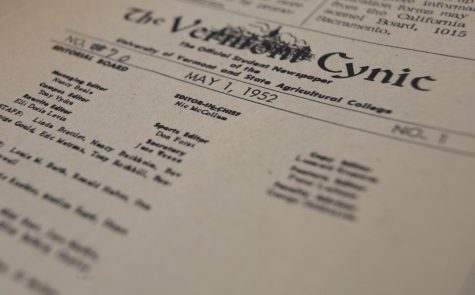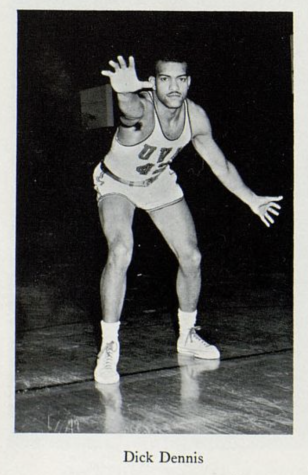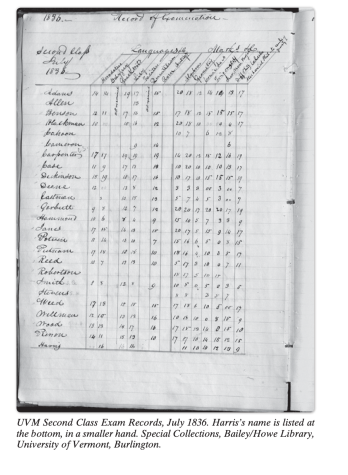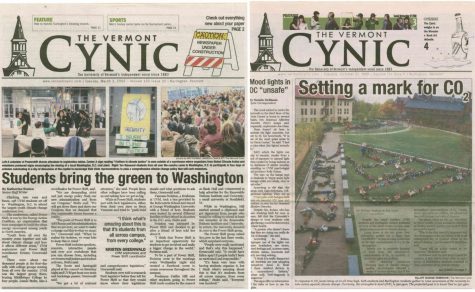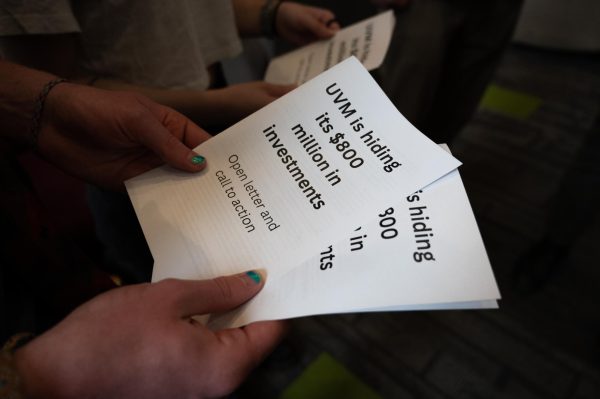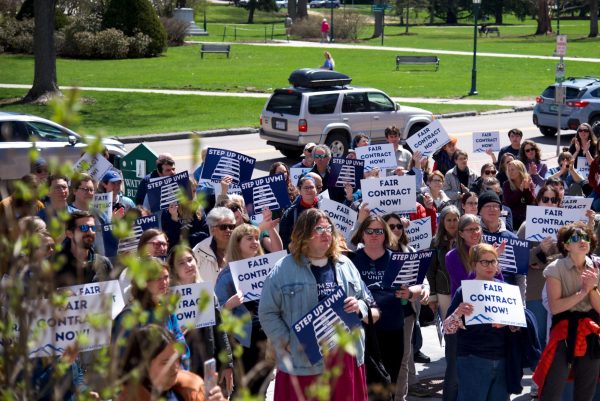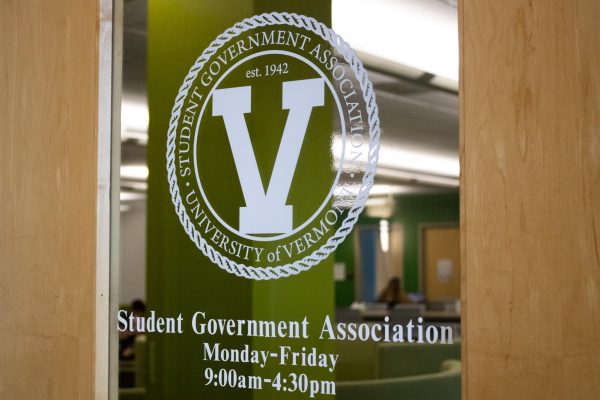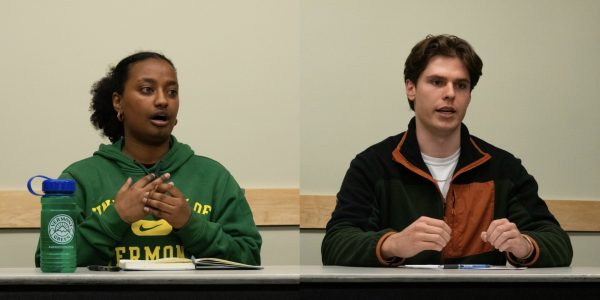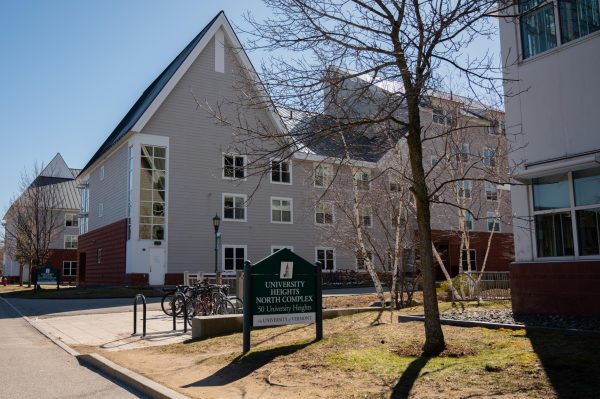Guest lecturer speaks about Sharia law
Women in the Middle East are bridging the equality gap with religious involvement and education.
Guest lecturer Isobel Coleman, a senior fellow at the Council on Foreign Relations, spoke on the controversy between women in Islamic societies and the role of Sharia law Nov. 7.
In her lecture titled “Women, Sharia Law and Reform in the Middle East” Coleman explained that depending on how one looks at Sharia and interprets the Quran, particularly how it affects women.
Coleman’s lecture focused on how women are mobilizing to transform the Middle East, utilizing both religious and secular means.
“It’s nothing but an understatement that the Middle East is undergoing a rapid transition,” she said, explaining that women in the region are capitalizing on this to better their position.
Religious leaders, such as the Grand Sheikh of Al-Azhar, are reaffirming women’s rights within Islam. Coleman emphasized that a strictly secular society would not eradicate the oppression women currently face under the Sharia.
Sharia is the moral code and religious law of Islam, she said. Under the strictest patriarchal interpretations of the Sharia, girls as young as age nine can legally marry older men, and it is haram-meaning forbidden by Allah–for women to drive cars. Typically in these societies women’s labor force participation is the lowest in the world, Coleman said.
And although Sharia is not the only reason for this, it is often used to justify the cultural gender gap. Muslim women are victims of cultural aberrations that have no place in Islam, which condemns oppression of any kind, and demands that women be treated with respect, honor and justice, Coleman said.
The Quran gives women more of a role in society than the conventional interpretation, which is much more compatible with secular definitions of human rights and democracy.
In some Muslim countries, women are engaging in religious activities. There are female-dominated Quran study groups, which are becoming part of the mainstream faith-based society and are helping to improve literacy rates among women, she said.
Middle Eastern women make up a majority of STEM (Science, Technology, Engineering and Mathematics) graduates. While the participation rates of women in the workforce are low, they are climbing, she said.
“STEM is hard, and there is certainly a gender difference in work ethic within these countries,” Coleman said. “Women work harder because for them, it’s a source of freedom, and doesn’t confine them to marriage and the home”
From an economic perspective, there is further incentive for governments in the Middle East to incorporate more women into the workforce.
“It doesn’t take a rocket scientist to figure out that a state suffers economically when it doesn’t use half of its population,” Coleman stressed.
Rula Quawas, a Fulbright scholar originally from Jordan and professor of feminist theory at Champlain College, asked what these educated Middle Eastern women are doing, and who is educating them.
“Education is when you inspire people to think and develop wings in their own heads, read between the lines, and contest and challenge,” she said.
Coleman agrees education does not necessarily translate into empowerment, but argues that women inevitably begin to question after multiple generations of education.
Sophomore Ashanti Gogerly-Moragoda thought Coleman’s presentation was eye opening and informative to the disparities in the status of women within different cultures.
“Development in one doesn’t translate to the other, but it is definite progress to hear and witness that this is the most mobilized, engaged and aware women have ever been in the Middle East” she commented.


